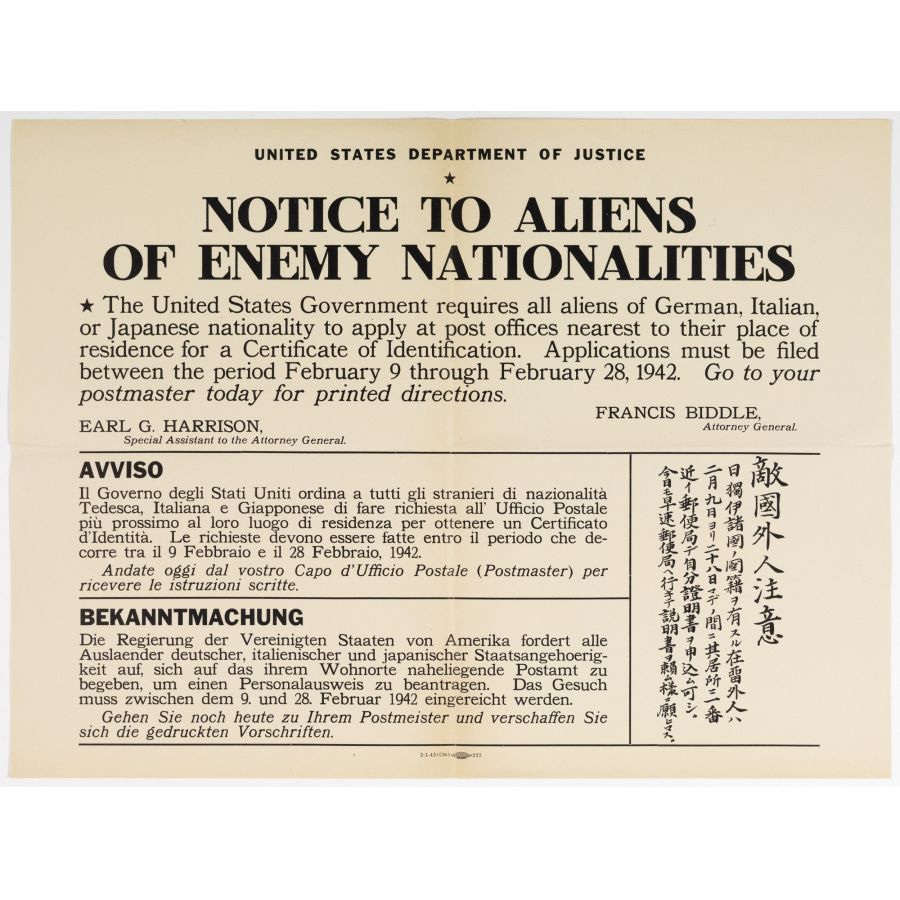During both World Wars, hundreds of thousands of civilians who found themselves under the rule of a power at war with their state of origin were labelled »enemy aliens«. As potential collaborators, spies and saboteurs of an alleged »fifth column« they were declared a threat to national security and to the stability of the »home front«. Belligerent states subjected foreign nationals to restrictive measures that ranged from registration and surveillance to deportation, internment and expropriation. Enemy civilians in conquered or occupied territories could fall victim to reprisals or other forms of violent treatment. During the Second World War, tens of thousands of Jewish refugees who had fled Nazi persecution were categorised as »enemy aliens«.
This research project investigates the treatment of foreign civilians in the military conflicts of the nineteenth and twentieth centuries by taking a legal history approach. It shows that the international laws of war – although underdeveloped when it came to the humanitarian protection of non-combatants – became a point of reference and a yardstick to assess the treatment of civilians in enemy hands. How did international law conceptualise what states did to civilian national of their enemy in war as a distinct legal problem and how did these norms change over time? What role did the legal bonds of citizenship and nationality play to define or deny enemy status? How does the tension between law and politics impact on the »enemy alien« phenomenon and to what extent were policies driven by ideology? What possibilities did affected individuals have to assert their rights and protect themselves and their property?
This study examines the relationship between the individual and the state in times of war. It also takes into account the role of neutral countries which acted as protecting powers, as well as of international humanitarian organization such as the International Committee of the Red Cross (ICRC). In doing so, the study addresses broader issues of national security, the mobilisation of societies at war and the treatment of foreign nationals and refugees that also speak to pressing contemporary concerns.




